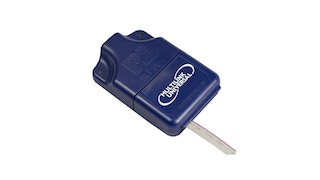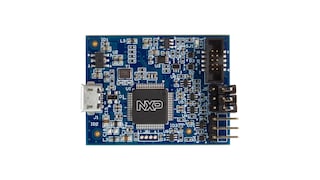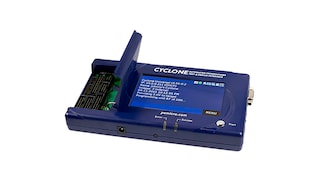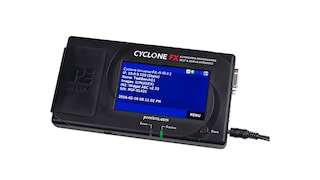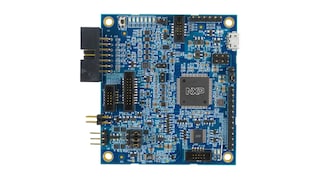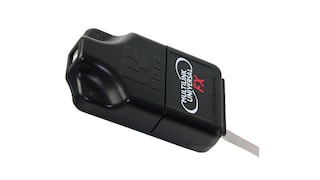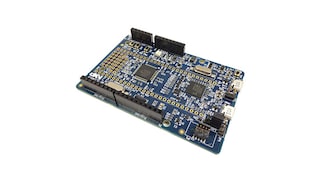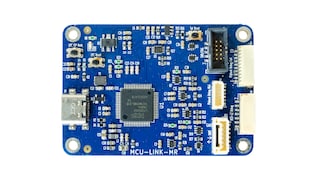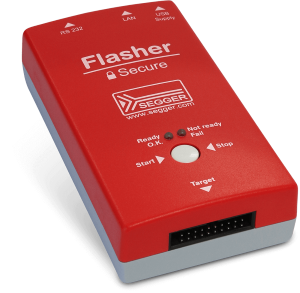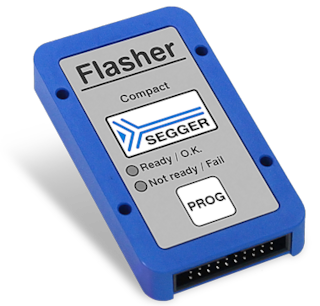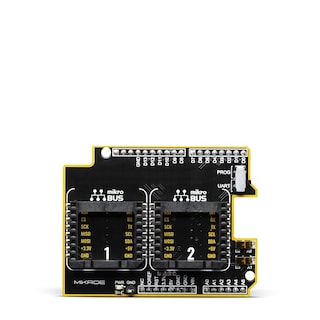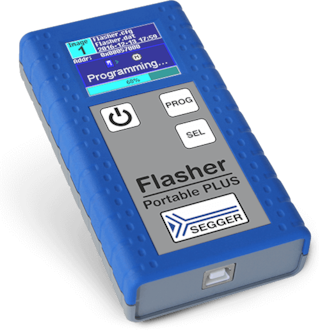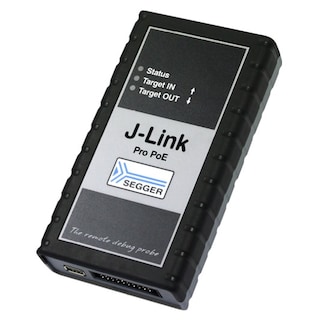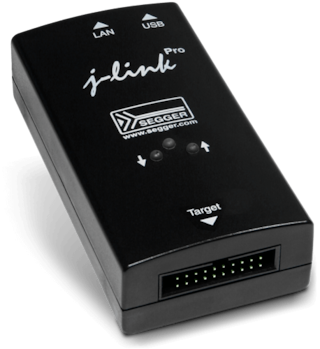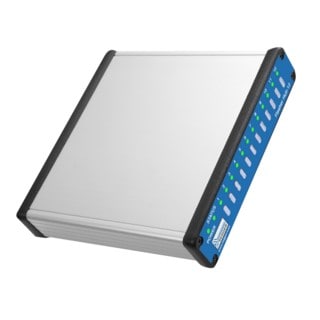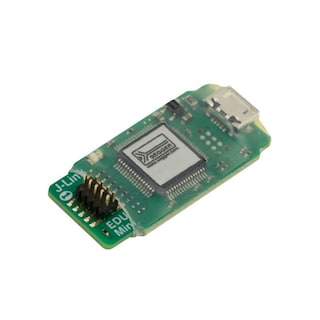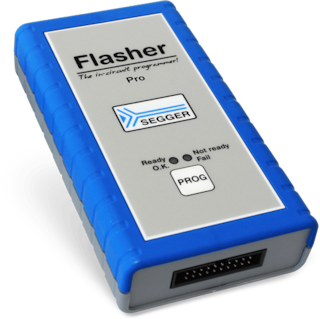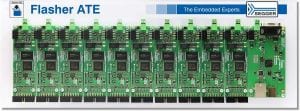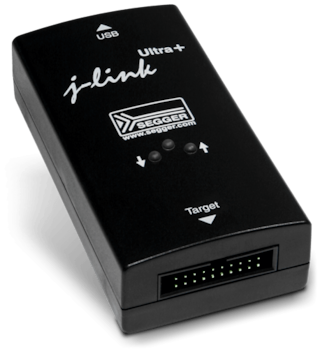The LPC1500 microcontroller series are optimized for fast, easy, and high-precision motor control and incorporate all the features required for high-accuracy sensored and sensorless motor control, enabling simultaneous control of two motors in highly flexible configurations. Based on the Arm® Cortex™-M3 processor, the LPC1500 microcontroller series has two 12-bit, 12-channel, 2 Msps ADCs and an on-chip quadrature encoder interface (QEI) to enable highly accurate control of both sensored and sensorless motor combinations. Four on-chip comparators enable fast-response over-current/voltage monitoring and protection; and four flexible SCTimer/PWM timers provide up to 28 PWM channels in a tightly coupled analog and timing subsystem, with minimal load on the CPU. Ideal for use with a wide range of brushless DC (BLDC) motors, permanent-magnet synchronous motors (PMSM), and AC induction motors (ACIM) commonly found in products such as large home appliances, HVAC, industrial pumps and generators, and more. They are also well suited for industrial applications requiring high-precision data sampling and real-time control, such as digital power and instrumentation. The LPC1500 series of microcontrollers are fully supported by the LPC software ecosystem and an extensive collection of tools, drivers and middleware.
With ultra-efficient motor control firmware, easy-to-use GUI-based tuning tools, and two new motor control solution kits, NXP LPC1500 microcontrollers simplify evaluation and development of motor control applications, without requiring deep motor control experience.

